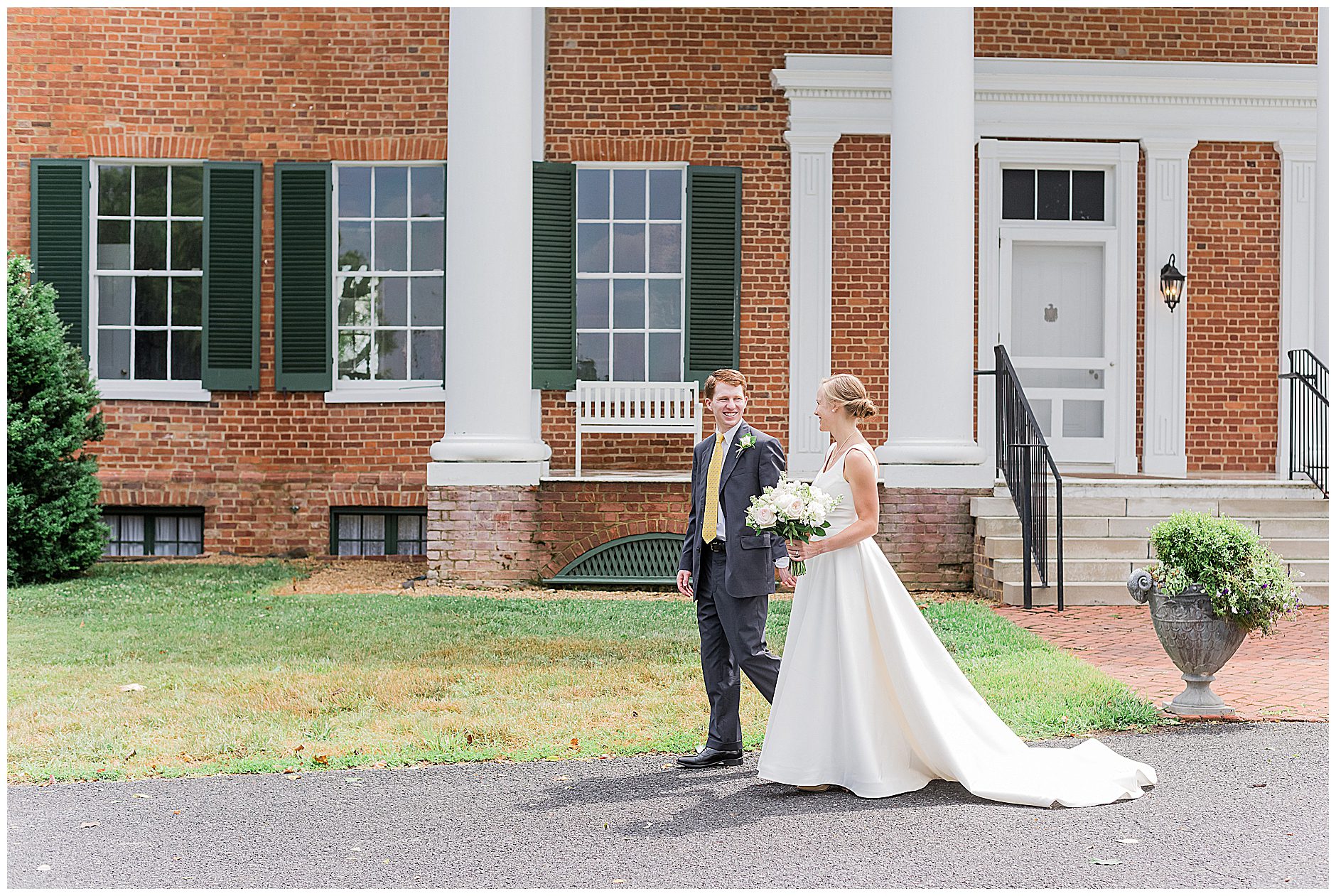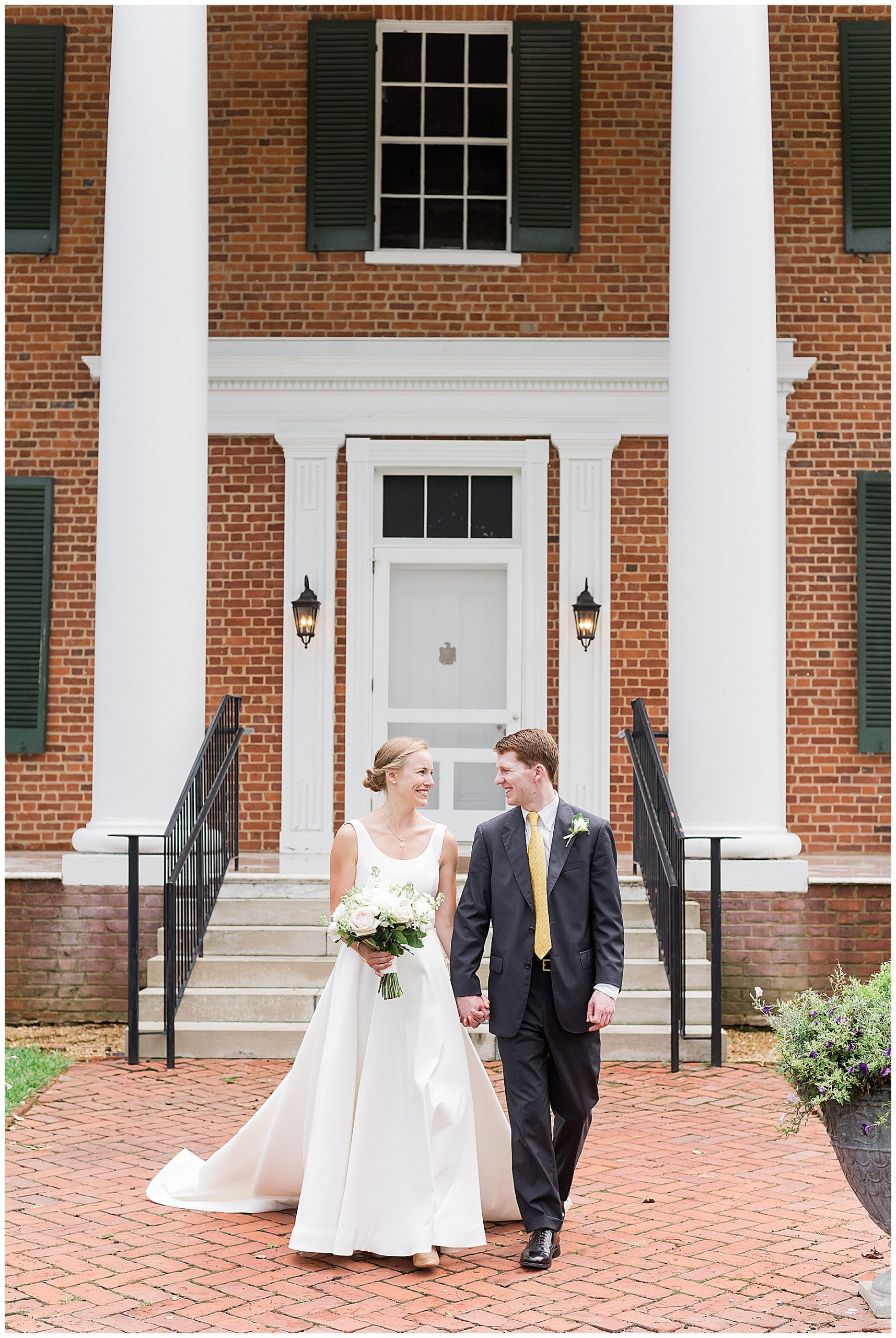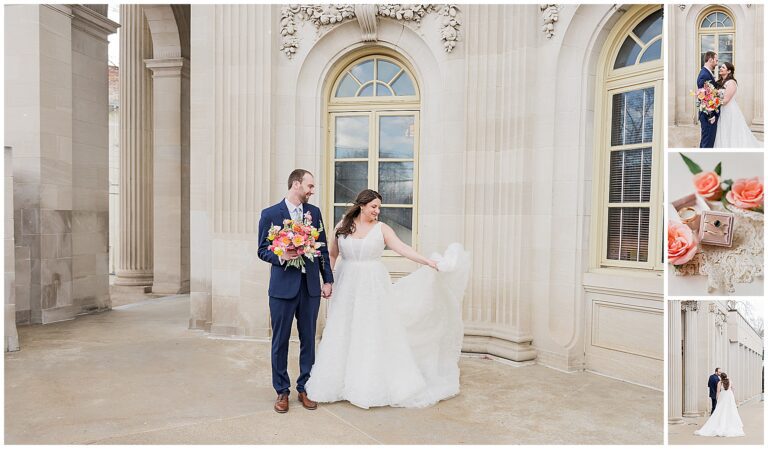
A Budget. It’s a word most people don’t like for one reason or another. Conversations about money are the next thing people get awkward about. However, both of these topics are very important to start the process of planning your wedding. A wedding can be very expensive and money causes stress. The conversation about money and budgets help to create the parameters. It reduces falling in love with a vendor, booking them and then realizing you can’t afford them.
So, to avoid arguments, disagreements or family disfunction today’s tips are around having conversations to help establish your budget. It will help determine the cost of items, who will pay for what and what you are willing to pay for your wedding. This outline really sets the stage for the next step of creating a wedding budget.
1. Tough Money Conversations
In the 21st century wedding planning is a bit different in regards to who pays for what. Back in the day, it was common for the brides parent’s to host and pay for the entire wedding. The groom’s parents were responsible for the rehearsal dinner planning and cost. Today, though, that isn’t always the case. Many couples are waiting until they are a bit older to get married and therefore financially established. Or they already live together as a unit. Whether your parent’s are funding the entire wedding, a portion or none at all it’s important to have the conversation to determine if they will be contributing.


2. Specific Contribution Amounts
While having those tough conversations you will want to talk directly to family members on what they would like to pay for and/or how much. Some family members will state they want to purchase your dress or cake, which is great but it needs to be more specific. Everyone has an idea what a cake will cost and those misconceptions could cause unneeded stress down the line. You might think X is a great price for a cake but grandma disagrees and believes it should be 1/2 the price. Therefore it is important to not only have the family member select the item they wish to purchase but also place a dollar amount to it. Even if they don’t wish to purchase a certain item, you will need specific dollar amount contributions to know where you stand financially.
Now, neither of these tips are intended to start a family argument. Or have you outright ask for money unless you feel comfortable doing that. But having open conversations with the family members allows for a dialogue, simply to make sure it is specific. You can’t set a budget on an uncertain dollar amount and expect to not be stressed. Uncertainties will simply snowball and continue to grow as you continue to wedding plan.

3. Personal Contribution Discussion
Once you have had discussions with your family members you can then turn your attention to your partner. The two of you should have a money conversation about a reasonable overall wedding budget. So how much do each of you feel comfortable on spending for your wedding. Then determine how much you would like to contribute personally to your wedding. Again, in some cases you may personally be paying for the entire wedding and that is important to know. This conversation will then lead you to determining how much money you need to set aside each month leading up to your wedding and possibly a timeframe on when you can get married.
Once you have certain financial contribution amounts from family members and had the discussion with your partner you can being to put together an overall wedding budget. Check back next week for a continuation of tips how to set your wedding budget!


To see more of my recent engagement sessions, CLICK HERE!
To see more of my recent weddings, CLICK HERE!
Interested in scheduling a consultation to discuss your wedding, CLICK HERE!










Great topic!
Thank you. I love helping my couples in any way I can with the wedding planning process!